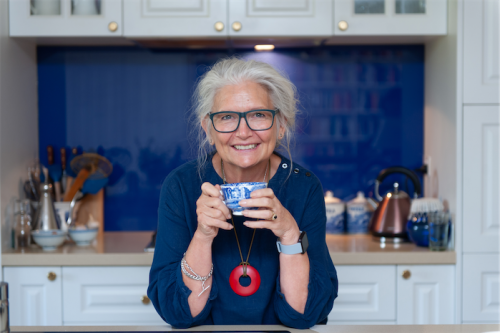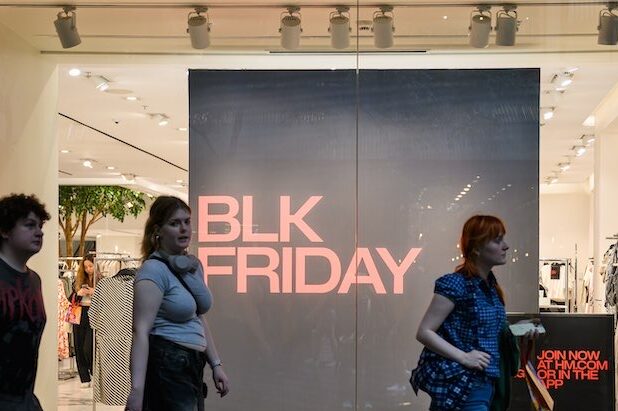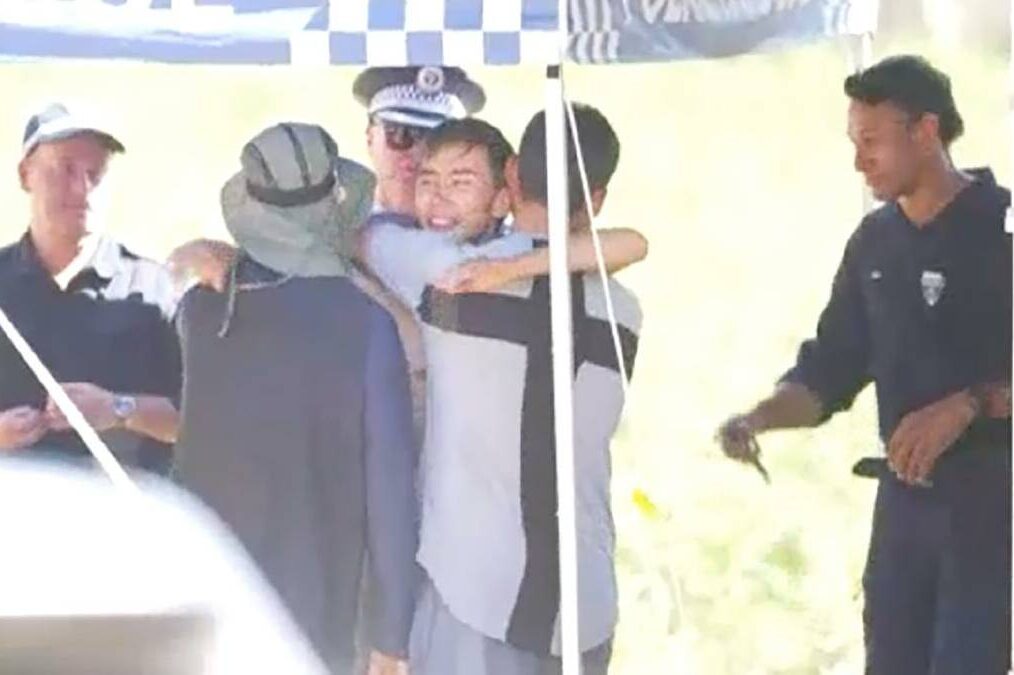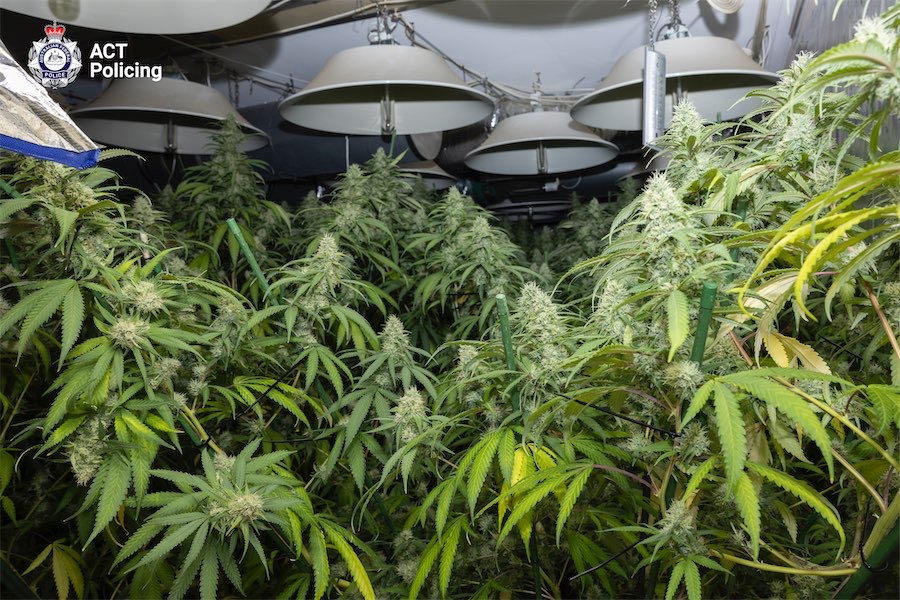
TALKING about death can be difficult. It’s a conversation people are reluctant to have, yet it’s the one thing in life we all have in common and can’t avoid, says end-of-life doula Vickie Hingston-Jones.
“We don’t talk about death in our culture at all and I really believe we need to,” she says.
“People can be horrified at the idea of a conversation about death, and say they don’t want to think about it. But it’s so important.
“As an end-of-life doula, the more I do, the more I see how important it is.”
Whether decades in advance or in their final days, Vickie says her role is to help people to prepare for death.
“If we’re prepared, we can face death without fear,” she says.
“Being an end-of-life doula you can start off with health and move to ill health to dying to death, then on to practical things like dealing with the body, arranging the funeral and being with the family afterwards.
“Often I’ll talk to a family and ask, when you die do you want to be buried or cremated? And they might say, ‘I don’t care, I’ll be dead, it won’t matter’. And the family will say, ‘I thought you’d want this, or that’. And you get a whole dynamic opening up.
“Having the conversation prevents anxiety and arguments among the family once the person is gone – it’s a hard enough time but can be made so much worse if there’s unease about what they would have wanted.”
Vickie says she likes to speak to people well before they can even imagine the end of their life, and plans to run a series of death cafes to start the conversation over coffee and cake.
“Talking about death while we’re fit, young and healthy is healthy in itself,” she says.
“It pulls the dragon out from under the bed, you look it in the eye and see that it’s not that scary actually.”
End-of-life doula work can extend to supporting the family and helping people become involved in organising their own send-off, Vickie says.
There’s often far more scope for being involved in the funeral process than people realise, from keeping the body at home to natural burials.
“People don’t generally know the options for death care and funerals,” she says.
“We talk about writing your eulogy, putting your slideshow together, getting involved and that in turn helps to move from that space of rigid fear to a place of creating a really happy end to your life.
“The family can be involved, too; I love the idea of decorating coffins, working with seamstresses who make shrouds and volunteers who do flowers from people’s gardens. It can be so nurturing.
“You also don’t need to worry about what’s going to happen to the family because they’re engaged in the process, so they have somewhere to move to once the death has occured.”
Vickie says that doing this work has made her comfortable about her own end of life.
“I told my husband that I want to die at home, unless it’s totally impractical and I get hit by a bus,” she says.
“I have an idea in my head, I want there to be plenty of really good French champagne and some good cheese. Hopefully mine, because I make cheese. And I want there to be jazz playing, a nice breeze, and I told him I want our white curtains to flutter in the breeze. Then I realised I had plantation shutters put in and they’re not going to flutter in this vision I have!
“But you know, it’s a work in progress.”
Contact Vickie at hingston-jones.com.
Who can be trusted?
In a world of spin and confusion, there’s never been a more important time to support independent journalism in Canberra.
If you trust our work online and want to enforce the power of independent voices, I invite you to make a small contribution.
Every dollar of support is invested back into our journalism to help keep citynews.com.au strong and free.
Thank you,
Ian Meikle, editor




Leave a Reply